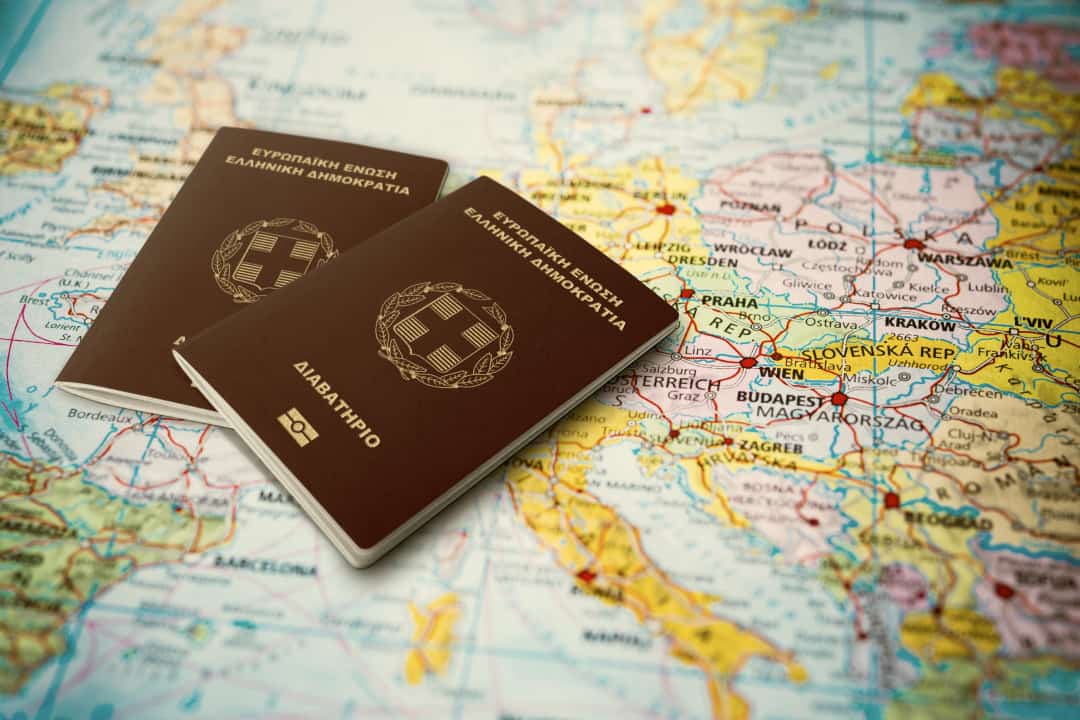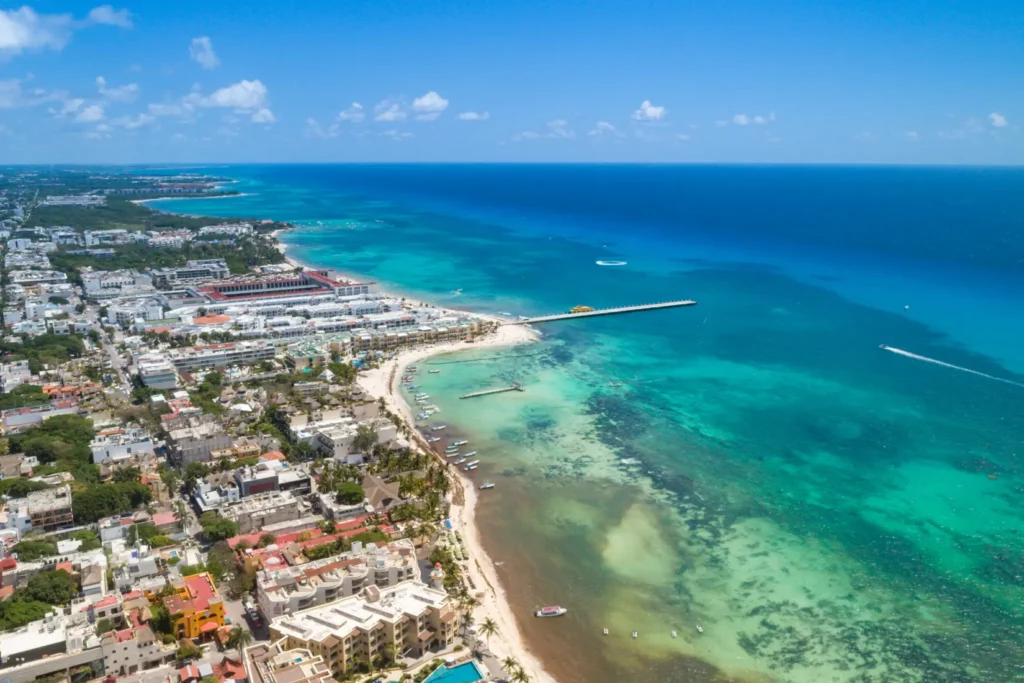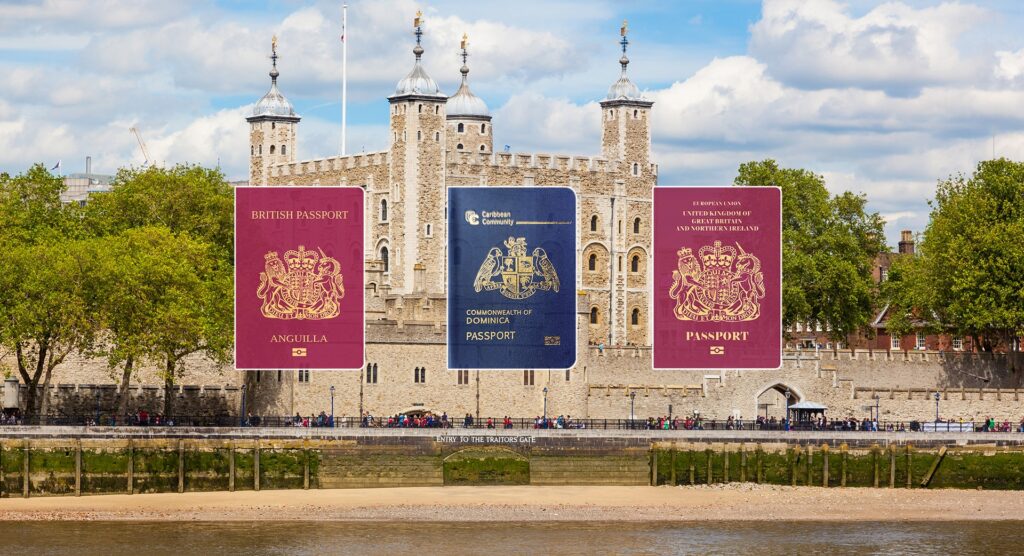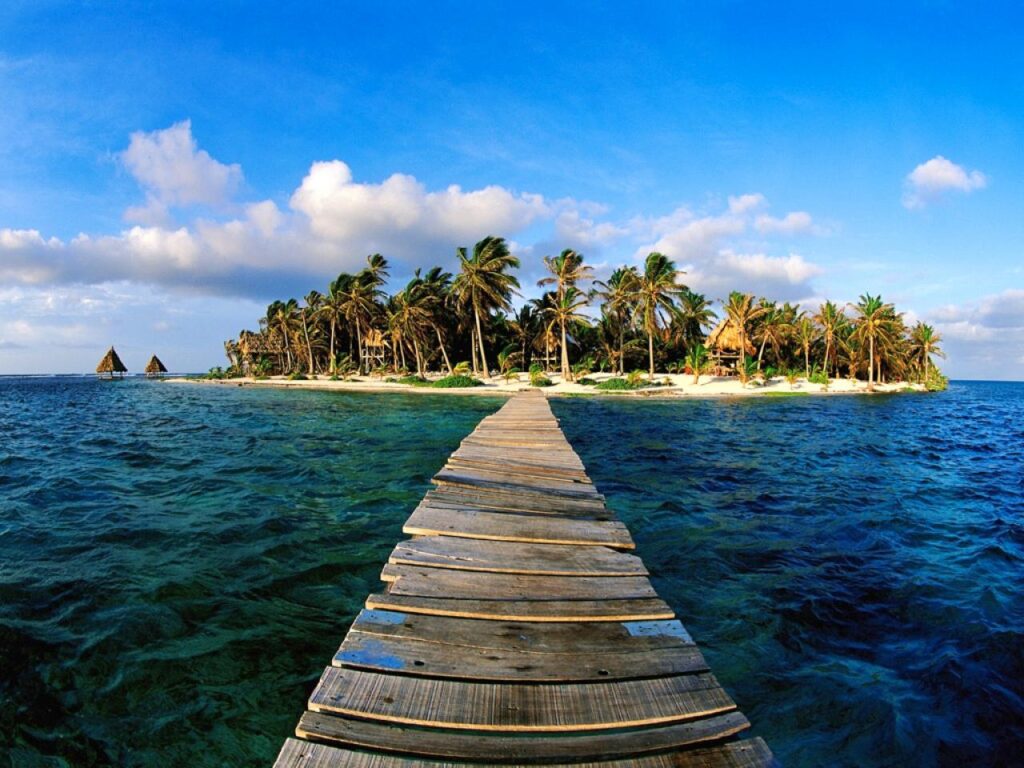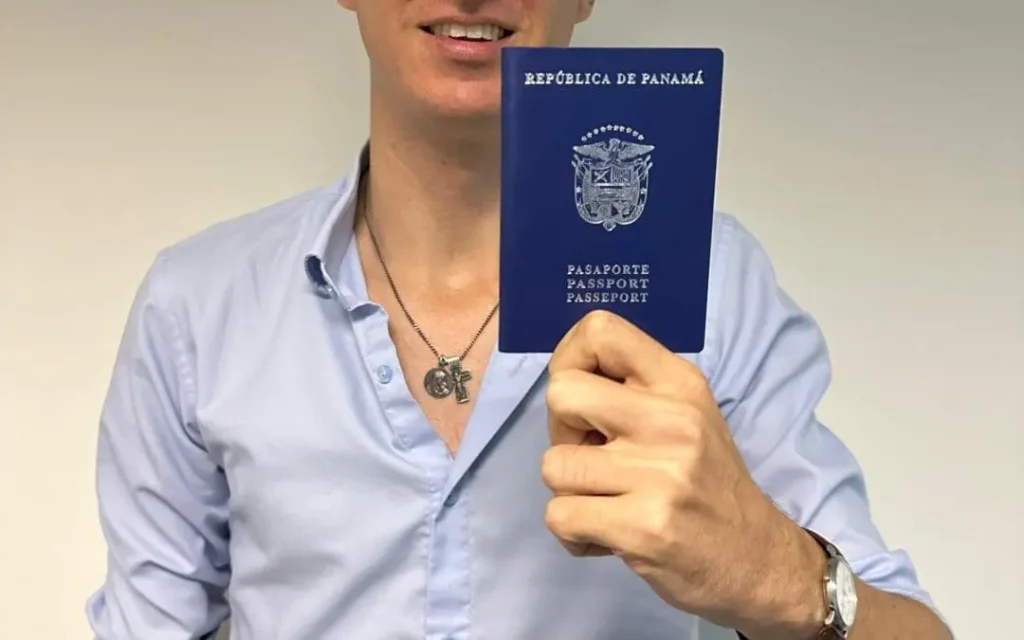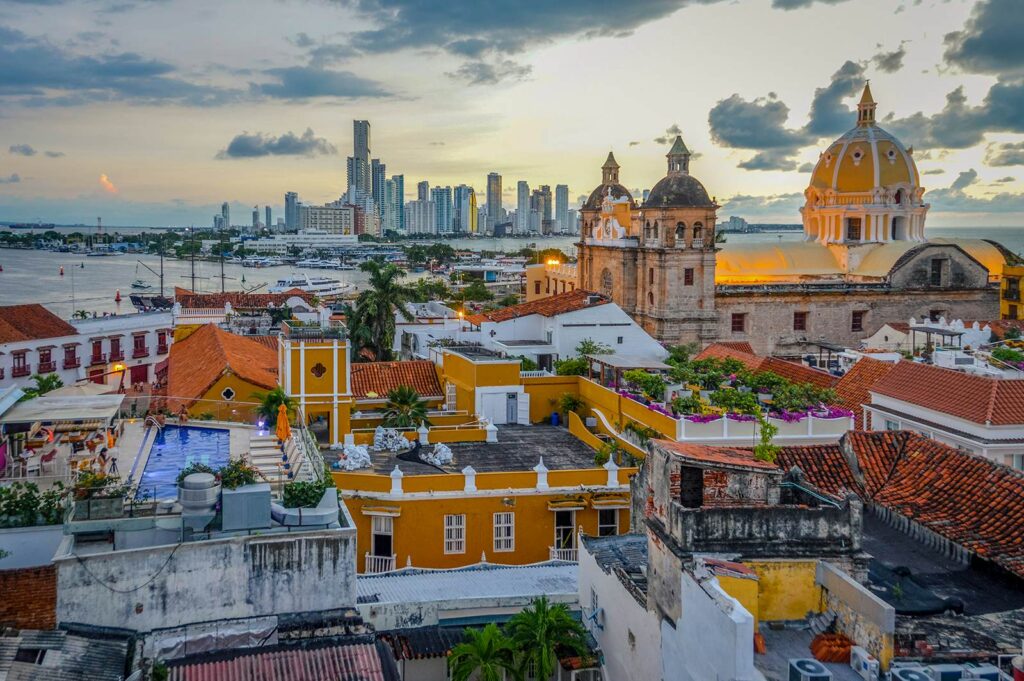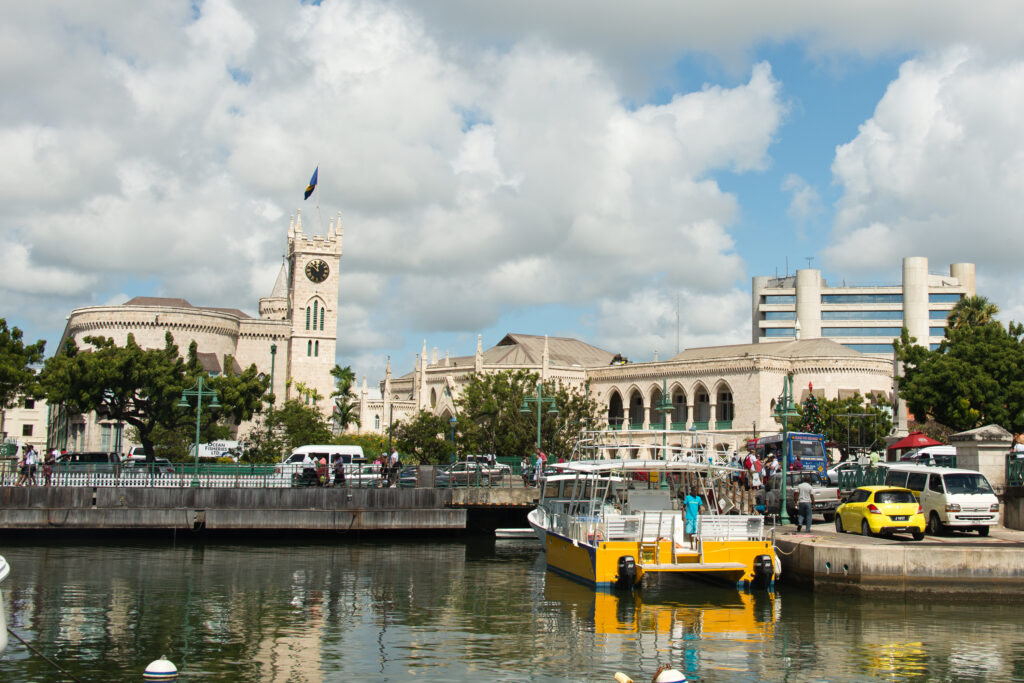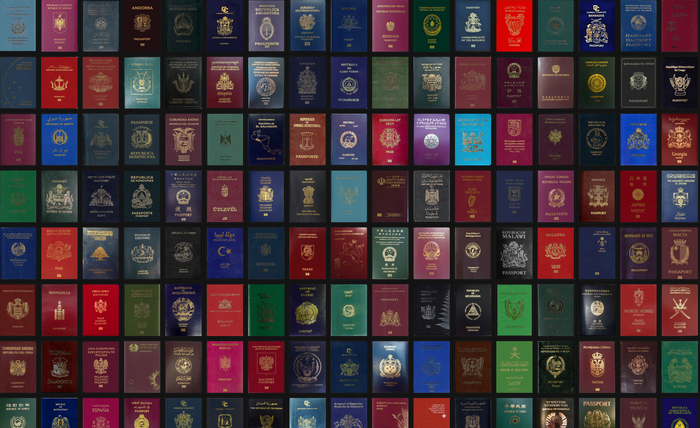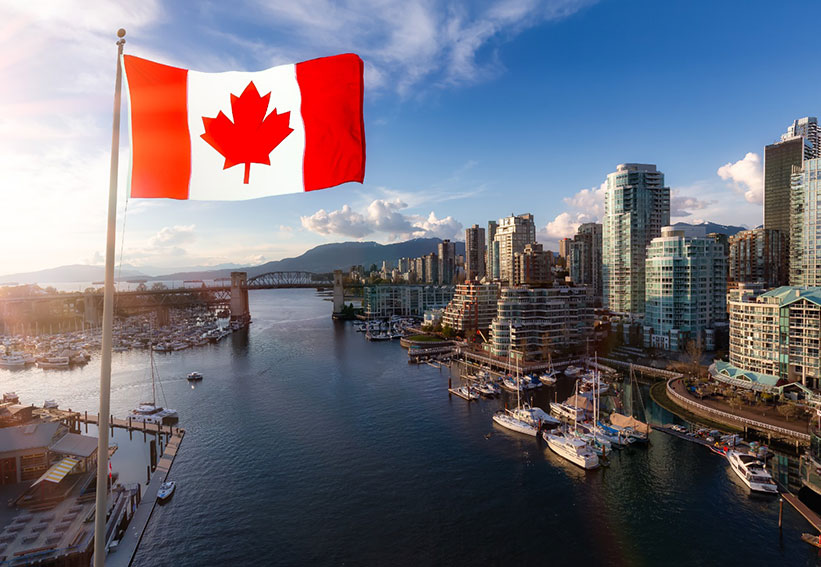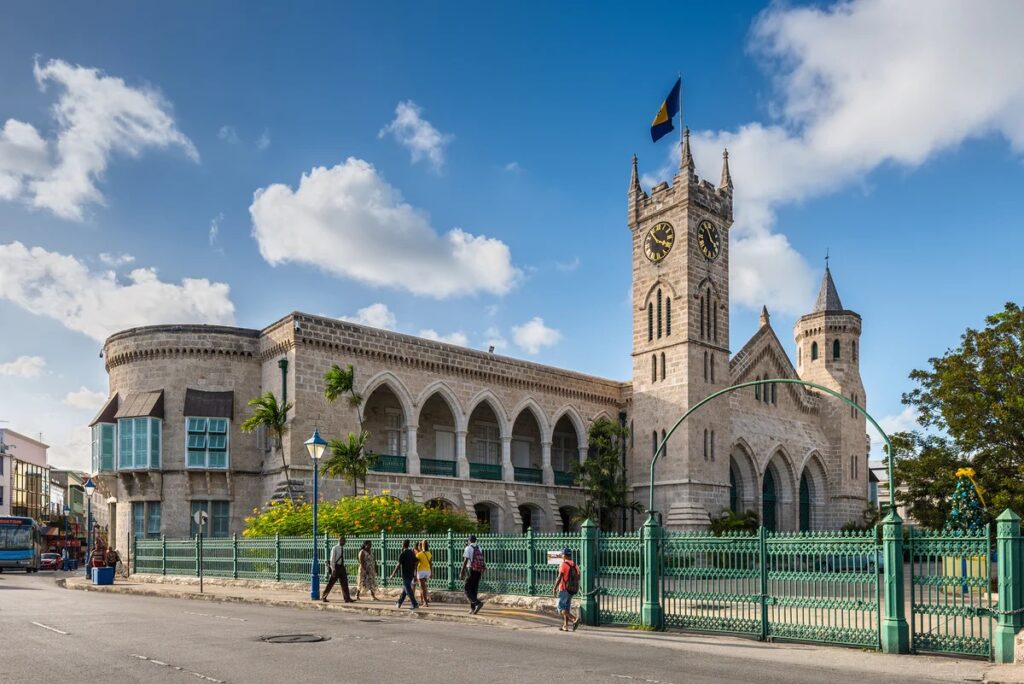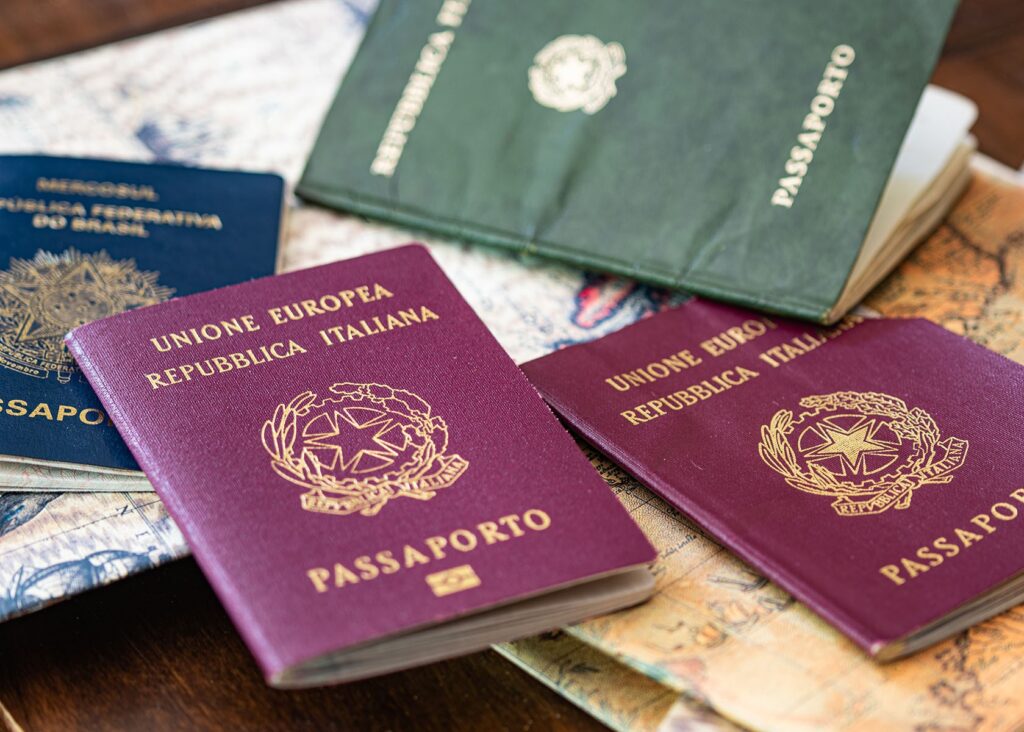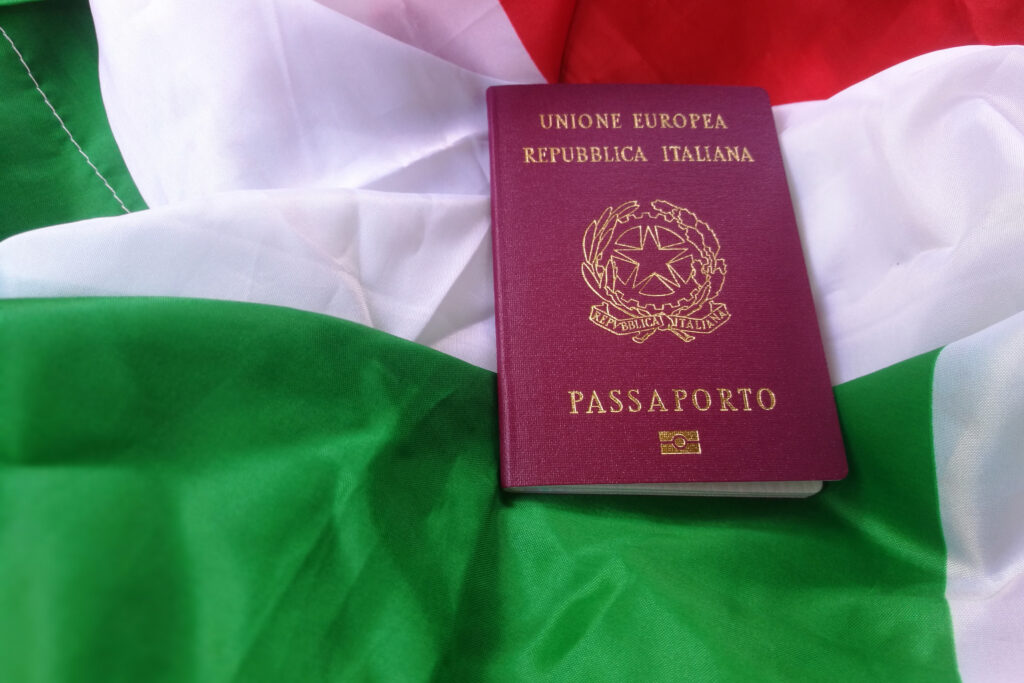Exploring the concept of citizenship by descent can feel like uncovering a hidden part of your heritage. It’s a fascinating journey that connects you with your ancestors’ homeland in a personal and profound way. Whether you’re dreaming of tapping into cultural roots or exploring new living and working opportunities, understanding citizenship by descent is your first step. Many countries including Italy, Poland, and Malta offer the chance to claim citizenship based on your lineage, but the rules and processes can be complex.
It’s not just about proving a connection; it’s about navigating through legal requirements and paperwork. But don’t worry, you’re not alone. We’re here to guide you through the essentials, making the path to your ancestral citizenship clearer and more accessible.
What is Citizenship by Descent?
Citizenship by descent is a form of obtaining nationality based on your lineage. If one or more of your ancestors were citizens of another country, you might be eligible for citizenship in that nation. Different countries have distinct rules and procedures, making the process vary significantly from one place to another.
Many opt for British citizenship by descent, which allows individuals with a British parent to claim their right to citizenship. Similarly, Irish citizenship by descent is quite sought after, offering those with Irish grandparents the opportunity to connect with their heritage. Countries like Italy, Canada, Poland, and Greece also have provisions for lineage-based citizenship, with Italian citizenship by descent and Canadian citizenship by descent being among the most popular due to their straightforward processes and the benefits they offer.
Here’s a brief overview of the countries mentioned:
| Country | Key Feature of Citizenship by Descent |
|---|---|
| UK | Available to those with a British parent and sometimes grandparenent. |
| Ireland | Claim can extend to grandchildren of Irish citizens. |
| Italy | Jure sanguinis principle allows for citizenship through ancestry. |
| Canada | First generation born abroad to Canadian parents can claim citizenship. |
| Poland | Eligibility for those with at least one Polish parent/grandparent. |
| Greece | Greek ancestry can potentially extend citizenship rights. |
It’s crucial to research the specific requirements of the country you’re interested in, as eligibility criteria can be quite intricate. Documents proving your lineage are typically necessary, and the process might involve legal verification and possible language proficiency tests.
Understanding the requirements for applying for citizenship by descent can be the first step toward claiming your ancestral rights. Challenging as it may seem, navigating the intricacies of this process can unlock numerous benefits, including the right to live, work, and study in your ancestor’s homeland as well as access to healthcare and other social services.
How Does Citizenship by Descent Work?

Eligibility Criteria
When considering applying for citizenship by descent, you’re embarking on a journey that connects you back to your ancestral roots. The eligibility criteria can vary significantly from one country to another, so it’s essential to have a clear understanding of the specific requirements for the country you’re interested in.
For British citizenship by descent, you must have a British parent or, in some cases, a grandparent. Similarly, Irish citizenship by descent can be claimed if one of your grandparents was born in Ireland. Italian citizenship by descent operates on the principle of ‘Jus Sanguinis’ (right of blood), allowing you to claim citizenship through your Italian ancestors, often stretching back to your great-grandparents. Canada, Poland, and Greece offer similar pathways; however, each with their unique set of rules and limits regarding how far back in your lineage you can go to claim Canadian citizenship by descent, Polish citizenship by descent, and Greek citizenship by descent.
One common thread among these countries is the importance of proving your direct descent from a citizen of that country. The specifics, however, such as the number of generations you can trace back, and whether your ancestors maintained their citizenship until your birth, can greatly influence your eligibility.
Documents Required
Embarking on your application will require gathering a substantial array of documents. This process is crucial and often the most time-consuming part. Generally, you’ll need to provide birth certificates, marriage certificates, and death certificates that connect you to your ancestor. Additionally, proof of your ancestor’s citizenship at the time of your parent’s birth is often required. This could include:
- Naturalisation certificates
- Passports
- Military service records
For British citizenship by descent, historical documents proving your British lineage are paramount. In the case of Irish citizenship by descent, you might need your grandparent’s birth certificate from Ireland. Those applying for Italian citizenship by descent should prepare for a deep dive into genealogical records, often needing extensive documentation proving an unbroken line of Italian descent.
Each country has its own set of required documents, and it’s not uncommon for the embassy or consulate to request additional paperwork. Therefore, it’s advisable to check the specific embassy or consulate website of the country for the most up-to-date list of requirements and to ensure that all documents are translated, if necessary, and appropriately certified.
Different Countries’ Policies on Citizenship by Descent
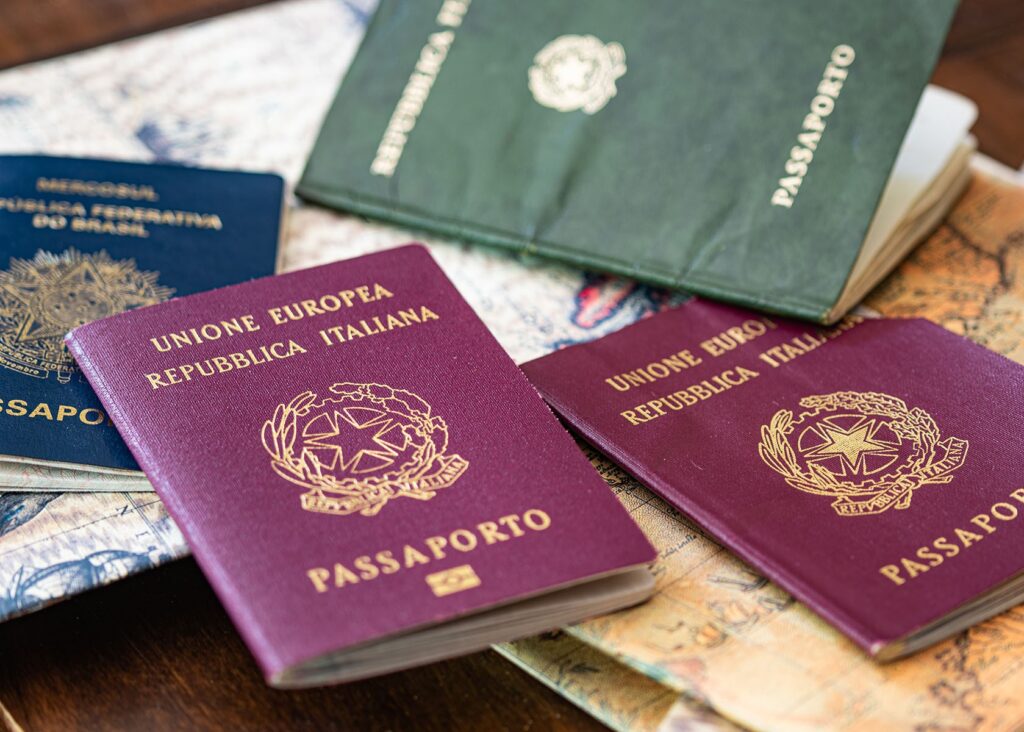
When exploring your eligibility for citizenship by descent, it’s essential to understand each country’s unique policies. These policies can greatly vary, affecting your ability to claim citizenship through your ancestry. Here’s a breakdown of how different countries approach citizenship by descent.
United Kingdom
British citizenship by descent is available if one of your parents was a British citizen when you were born. However, if you were born outside the UK to a British citizen by descent, further conditions apply. You’ll need to show that your British parent lived in the UK for at least three years before your birth and had a parent or grandparent who was a British citizen otherwise than by descent. Documents required typically include your birth certificate and proof of your parent’s British citizenship and residence.
Ireland
For Irish citizenship by descent, if one of your grandparents was born in Ireland, or if a parent was an Irish citizen at the time of your birth, even though they were not born in Ireland, you might be eligible. Ireland allows for citizenship claims potentially stretching back further with the Foreign Births Register, meaning you can claim citizenship if your parent, who was not born in Ireland, registered before your birth.
Italy
Italian citizenship by descent offers a generous policy, extending eligibility through the paternal or maternal line without any generational limit, provided no ancestor renounced their Italian citizenship before the birth of the next in line. Documents necessary include birth, marriage, and death certificates for each Italian ancestor in the direct line, and proof of uninterrupted Italian citizenship.
Poland
Polish citizenship by descent can be claimed if at least one of your ancestors was a Polish citizen and retained their citizenship until the day of your birth. Poland requires comprehensive documentation to prove your lineage and your ancestor’s citizenship status. This includes birth and marriage certificates, military records, and documents supporting continuous Polish citizenship.
Greece
For Greek citizenship by descent, you must prove that you have a Greek ancestor. Specifically, a parent or grandparent born in Greece could pave the way for your citizenship. The Greek government requires a series of documents, including birth records, military records for male ancestors, and proof of the individual’s permanent residency in Greece.
Portugal
Portugal offers citizenship by descent if you have a Portuguese parent. More uniquely, it extends to individuals with Portuguese grandparents provided they’re willing to show a connection to the Portuguese community. This could involve language proficiency tests or proof of regular visits to Portugal. Documentation includes Portuguese identification documents of your ancestors and your birth certificate.
Each country’s policies on citizenship by descent highlight the importance of understanding the specific requirements before initiating your application. Ensure your documents are in order, and don’t hesitate to seek assistance from legal professionals specialising in citizenship matters for a smoother application process.
Rules for Citizenship by Decent in Each Country

When exploring your heritage, you might find you’re eligible for citizenship by descent. It’s an appealing avenue for many, offering benefits like work and study opportunities, easier travel, and a deeper connection to your ancestors’ homeland. Each country has its own set of rules and requirements, making it crucial to understand the specificities before starting your application process.
British Citizenship by Descent
British citizenship by descent is primarily available to individuals born outside the UK to a British parent. The key stipulation here is that one of your parents must have been a British citizen “otherwise than by descent” at the time of your birth. This means they must have acquired their citizenship through birth, registration, or naturalisation in the UK. Documents required typically include your birth certificate, your British parent’s birth certificate, and their marriage certificate if applicable.
Irish Citizenship by Descent
For those seeking Irish citizenship by descent, you’re in luck if one of your grandparents was born in Ireland. In some cases, if one of your great-grandparents was an Irish citizen, you may still qualify under certain conditions. Be prepared to show extensive documentation, including birth, marriage, and death certificates tracing your lineage back to your Irish ancestor.
Italian Citizenship by Descent
Italian citizenship by descent can often be claimed by individuals with Italian ancestors multiple generations back, thanks to Italy’s jure sanguinis (right of blood) principle. However, Italy has specific cutoff dates and rules regarding ancestor naturalisation that can affect your eligibility. Key documents include your ancestor’s birth, marriage, and naturalisation records, alongside your own.
Polish Citizenship by Descent
Claiming Polish citizenship by descent revolves around proving that at least one of your ancestors held Polish citizenship and did not renounce it before the birth of the next generation. Poland’s eligibility criteria can trace back to great-grandparents, provided the lineage of citizenship remains unbroken. Documents often required include ancestral birth, marriage, and military records.
Greek Citizenship by Descent
To qualify for Greek citizenship by descent, your Greek heritage must be documented directly through your father’s lineage if born before 1983, or through either parent if born after 1983. You’ll need to provide a multitude of documents, including your ancestor’s birth certificate from the local municipality in Greece and evidence of their citizenship at your time of birth.
Portuguese Citizenship by Descent
Portuguese citizenship by descent is an option if you have a Portuguese parent or grandparent. Portugal requires proof of your ancestor’s Portuguese nationality, such as birth or marriage certificates and, in some cases, their residency card. The application process can be lengthy, so starting with proper documentation is key.
Australian Citizenship by Descent
For Australian citizenship by descent, one of your parents must have been an Australian citizen at your time of birth. You’ll need to provide your birth certificate, your parent’s birth certificate, and evidence of their Australian citizenship. It’s important to apply from outside Australia and ensure all your documents meet the specific criteria set by the Australian Department of Home Affairs.
Understanding the nuances of each country’s requirements for citizenship by descent is critical. Ensure you have all the necessary documents and meet the specific eligibility criteria before starting your application. Remember, the process can be complex and time-consuming, but the reward of connecting with your heritage and enjoying the benefits of dual citizenship is unmatched.
Advantages of Citizenship by Descent

Gaining citizenship through your ancestry can open a world of opportunities not just for you but also for your future generations. Here’s a closer look at some of the key benefits that accompany citizenship by descent.
Dual Citizenship
One of the most significant advantages of acquiring British citizenship by descent or Irish citizenship by descent, among others, is the potential to hold dual citizenship. This means you could enjoy the rights and privileges of two countries simultaneously. Dual citizenship allows you to:
- Travel more freely between the two countries
- Vote in both countries’ elections
- Work without the need for a work permit in either country
- Access social services and benefits in both countries
Countries like Italy and Poland particularly encourage their diaspora to claim their Italian citizenship by descent or Polish citizenship by descent to maintain their cultural heritage and connection with the homeland.
Right to Live and Work
Gaining Canadian citizenship by descent or citizenship from any country through your ancestors grants you the undeniable right to live and work in that country. This can be particularly advantageous if you’re seeking employment opportunities, business ventures, or simply a change in lifestyle. Being a citizen often comes with fewer bureaucratic hurdles, making it easier for you to:
- Establish a business
- Access job markets without the need for a sponsor
- Buy property
Education and Healthcare Benefits
One of the most compelling reasons to pursue citizenship by descent is the access it provides to education and healthcare systems. Countries like the United Kingdom, Ireland, and Australia are known for their high-quality public healthcare and education services which become more accessible and often free or at a reduced cost for citizens. By securing Greek citizenship by descent, for example, you and your descendants can benefit from:
- Access to public healthcare systems
- Education opportunities, including public universities at EU tuition rates
- Scholarships and grants reserved for citizens
Across different nations, the specific benefits can vary, but the essence of access to superior education and healthcare systems remains a powerful incentive for many seeking citizenship by descent.
Unlocking citizenship by descent not only enriches your personal identity but also grants tangible advantages that can enhance your lifestyle and opportunities. Whether it’s the pursuit of Italian citizenship by descent for its rich cultural heritage or Canadian citizenship by decent for its inclusive society and high standard of living, the process opens up a pathway to a multitude of benefits that extend beyond borders.
Challenges and Limitations of Citizenship by Descent

Navigating the process of gaining citizenship by descent isn’t always straightforward. While the rewards are plenty, you’ll likely encounter a series of challenges and limitations along the way. Understanding these hurdles in advance can better prepare you for what’s to come and help streamline your journey.
Complex Application Process
Applying for citizenship by descent involves maneuvering through a complex and often lengthy application process. Each country has its unique set of requirements, which might include proving your lineage through birth certificates, marriage certificates, and other documentation tracing your ancestry back to a citizen of the country. For instance, British citizenship by descent demands a clear connection to a British parent or grandparent, involving specific documents to prove this lineage.
Similarly, Irish, Italian, Canadian, Polish, Greek, and Portuguese citizenship by descent all have their intricacies. For example, securing Italian citizenship by descent requires demonstrating an unbroken lineage from an Italian ancestor, which can sometimes go as far back as your great-great-grandparent.
Navigating the bureaucracy of different immigration departments can be daunting. It’s advised to verify all necessary documents well in advance and ensure they meet the embassy’s criteria, including translation and certification as necessary.
Language and Cultural Barriers
Another significant challenge is the potential language and cultural barriers you might face. This is particularly relevant if you’re applying for citizenship in a country where you don’t speak the language. Not only could this make the application process more difficult—dealing with paperwork and official processes in a foreign language—but it might also impact your eligibility or ability to integrate smoothly should you decide to move.
For instance, Greek citizenship by descent might require you to demonstrate a basic understanding of Greek, both in terms of language and cultural knowledge. Similarly, Polish citizenship by descent could expect you to have some connection or familiarity with Polish culture, which might necessitate further learning or engagement on your part.
Understanding and preparing for these barriers in advance can make a significant difference. Consider language courses or cultural immersion experiences to not only enhance your application but also enrich your connection to your ancestral homeland.
Conclusion
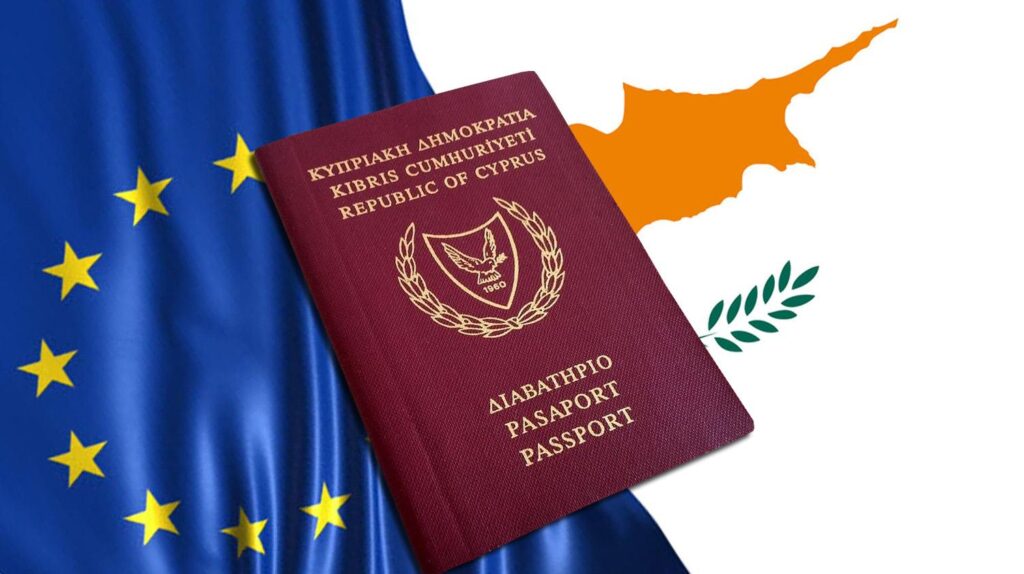
Navigating the journey to citizenship by descent can seem daunting at first glance. Yet understanding the unique requirements and preparing thoroughly can significantly streamline the process. You’ve learned that eligibility varies greatly from country to country and that a meticulous approach to gathering and submitting the correct documentation is crucial. Whether you’re exploring your options for British, Irish, Italian, or any other nationality mentioned, remember the importance of verifying information directly from official sources. And if you find yourself facing hurdles along the way, seeking expert advice from professionals like Dan Merriam and his team at Offshore Freedom could be your key to overcoming these challenges. Armed with the right knowledge and support you’re well on your way to unlocking the doors to citizenship by descent.
Learn More
Offshore Freedom™ is a boutique coaching and consulting firm that helps investors and entrepreneurs live and invest internationally. We help our clients grow their businesses, pay less taxes, buy more real estate, and take advantage of global residency and citizenship by investment programs worldwide.
Schedule a 1 on 1 consultation with Dan Merriam, and let us help you design the life of your dreams and live the Offshore Freedom™ lifestyle. Ask questions and get answers about international real estate, tax planning, offshore banking, second residencies, citizenship by investment, lifestyle design and more.
This article is for informational purposes only; it should not be considered financial, tax planning, investment or legal advice. Consult a certified financial or investment professional in your jurisdiction of interest before making any major financial or investment decisions.
Writer in Tax Reduction, International Tax Planning, Travel, Citizenship by Investment, The Caribbean, Citizenship by Decent, Second Passport, Italy, Portugal, Ireland, US Tax, Second Residence, Real Estate Investing, Asset Management, Lifestyle Planning, Countries with the Lowest Taxes, Company Formation, Offshore Banking, Asset Protection, Technology, Entrepreneurship

